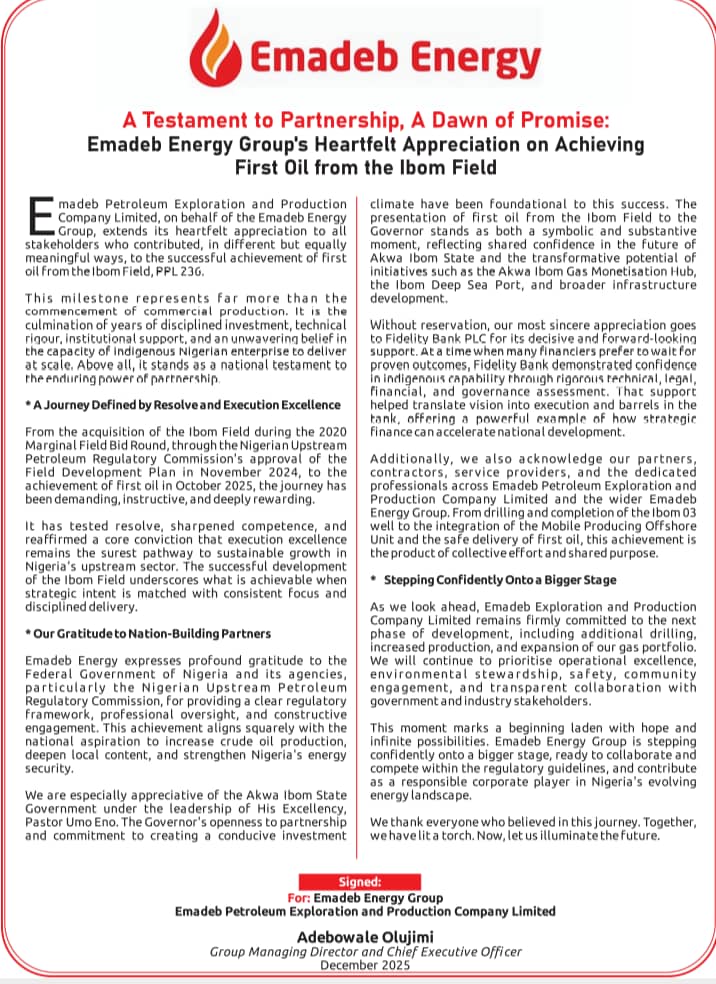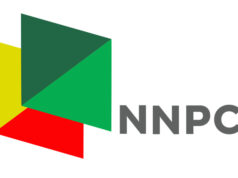The Nigeria Governors’ Forum (NGF) has urged the Central Bank of Nigeria (CBN) to create a suite of incentives to attract customers to ease the suffering of Nigerians over the apex bank’s naira redesign policy.
The governors noted that the inability of the citizens to use the new notes has had far-reaching economic effects, stressing that the country runs the risk of a CBN-induced recession.
The NGF stated that the best practice across the world is to create a suite of incentives to attract customers rather than “a draconian approach”.
It said this via a communique issued by its chairman and Sokoto State Governor, Aminu Tambuwal, after its meeting on Saturday.
The Forum, while sympathising with Nigerians on the difficulties over the CBN’s naira redesign and cashless policy, said it was ready to employ all legitimate channels to ease the situation.
It noted: The current approach of the CBN raises concerns about the respect for the civil liberties and rights of Nigerians as it relates to their freedom to use legitimately earned income as they so wish.
“The Forum believes that to deploy a cashless policy and deepen digital transactions, the best practice around the world is to create a suite of incentives to attract customers; rather than a draconian approach as we have witnessed in the last three months.
READ ALSO: Tinubu to CBN: Allow old, new naira notes co-exist till 2024
“The argument by the CBN for what it describes as the astronomical increase in the currency in circulation as the basis for this policy is not supported by its own data.
“According to the CBN, the currency in circulation increased from N1.4 trillion in 2015 to N3.23 trillion in October 2022. The Bank appears not to have taken into consideration the increase in the size of the country’s nominal GDP over this period, the doubling of consumer prices, rising population, and the impact of the humongous Ways & Means advances to the federal government by the Central Bank of Nigeria over this period.
“In the circumstances, it is safe to draw either of two conclusions – the CBN data may be incomplete or in fact, Nigerians may have done exceptionally well in the transition to a cashless economy.
“In addition, considering the sizeable informal sector in the nation, the amount of banknotes created in exchange so far by the CBN implies it vastly underestimated the economy’s actual cash needs. The inability to use the new notes has had far-reaching economic effects, leading to the emergence of the Naira black market, severe food inflation, variable commodities prices based on the method of exchange, and long queues as well as crowds around Automated Teller Machines (ATMs) and banking halls across the country with individuals hoping to get a fraction of their money in new notes to meet their daily livelihood. The country runs the risk of a CBN-induced recession.
“While we acknowledge the submission of the Attorney General of the Federation that the Federal Government will comply with the ruling of the Supreme Court which calls for the halting of CBN’s plan to end the use of the old currency notes, we are yet to observe changes in the financial system.”
The governors, however, urged the Federal Government and the CBN to “respect the Rule of Law and listen to the voice of reason expressed by Nigerians and several other stakeholders including the Council of State, before the damage to our economy becomes too great to fix by the next administration.”
- Troops foil bandit attack, kill 5 in Plateau - January 1, 2026
- LASTMA sacks 5, demotes 9 officers over misconduct - January 1, 2026
- Enzo Maresca resigns as Chelsea coach - January 1, 2026










